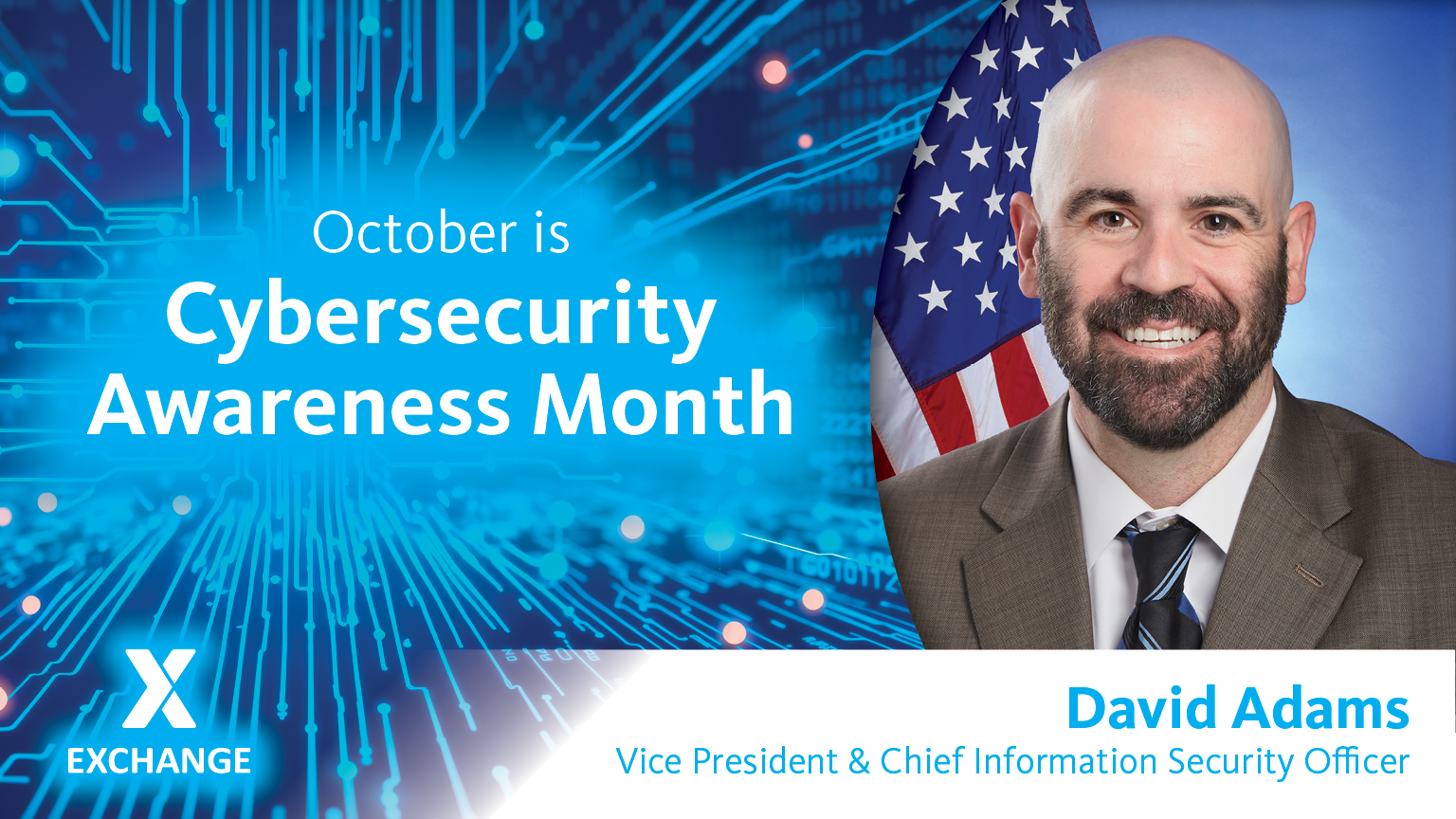What is Data Privacy?
Data privacy refers to people’s ability to control how organizations collect, store and use their personal information. In today’s digital world, that control is more important than ever—because your data is being collected in more places than you might think.
Where is my data typically collected?
Let’s start with the usual suspects. Internet service providers are constantly gathering data as you browse. Websites use cookies—not the kind Grandma makes, but the kind that track metrics tailored to you, such as how long you spend on a web page, your IP address and even the items you add to your online shopping cart. Mobile phone applications are also in on the action. Developers track how you interact with their apps. When you grant permission, they can access data from utility apps such as your camera, photo gallery, microphone, location services and even your contacts.
Then there are smart devices—voice assistants, tablets, watches, televisions, cameras, refrigerators, thermostats, doorbells, the list goes on. These devices quietly collect data in the background. Streaming platforms also made the list, analyzing your viewing habits to better understand what makes you click “play.” That’s why there’s a section of movies, shows and music dedicated to content similar to something you recently streamed.
What is the purpose of collecting my data?
Two words: targeted advertisements. While no one is physically eavesdropping on your conversations, organizations are absolutely paying attention to your digital footprint. Every click, scroll and search helps build a profile that’s sold to advertisers. That’s why you might see an ad for something you were just thinking about—or forgot you even looked up. It’s not magic, it’s marketing powered by your data.
Now you’re probably thinking, “I don’t like that! How can I protect my data?” Next week, we’ll detail the various ways you can keep your data safe.





Leave a Reply